AirMarkets Broker Review
AirMarkets, operating through the domains airmarkets.ac and airmarkets.pw, presents itself as a global brokerage offering a wide range of financial instruments. The platform claims to be regulated within the European Union, providing clients with a safe and high-yield trading environment. However, upon investigation, these claims appear to be unsupported, and multiple red flags indicate that AirMarkets operates more like a financial scam than a legitimate broker.
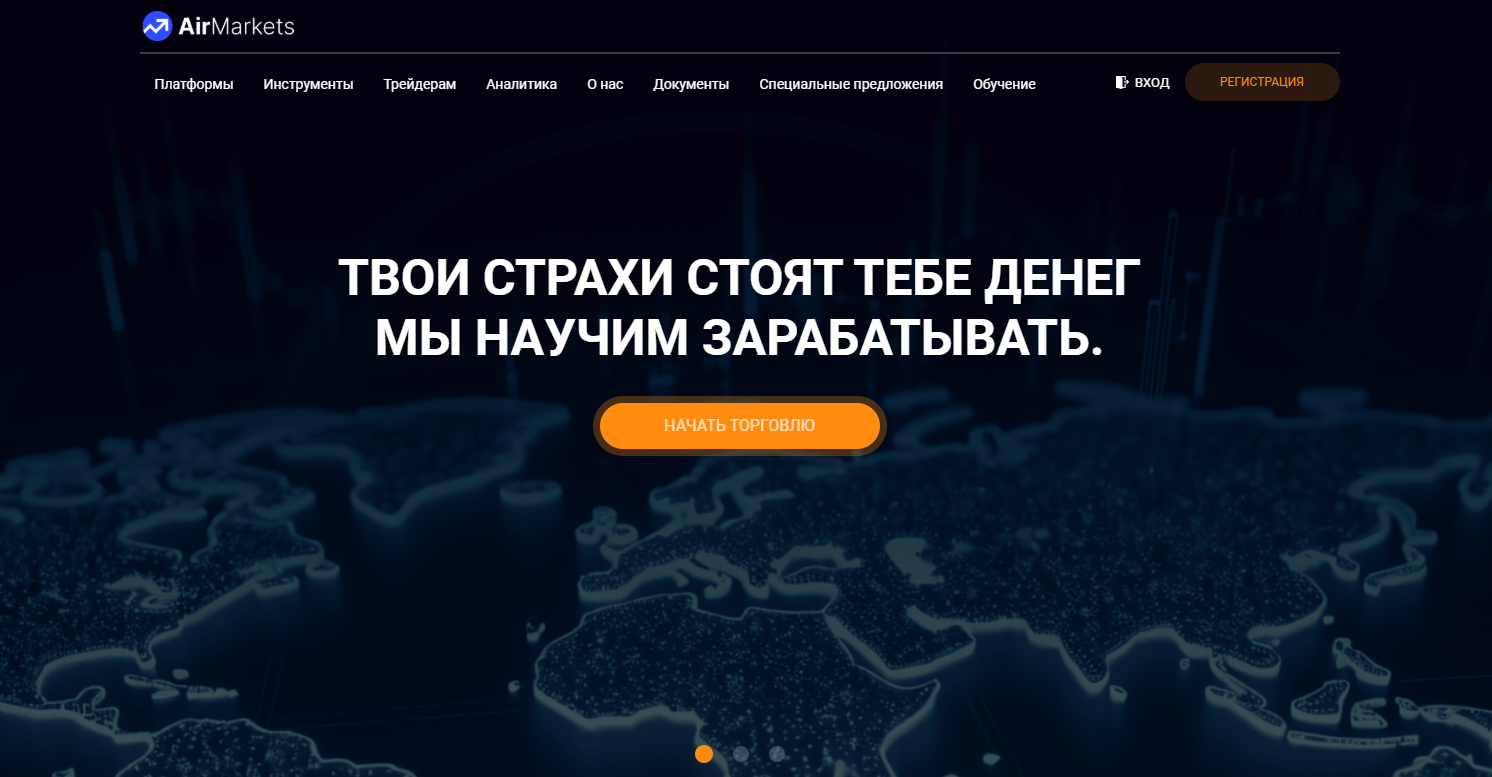
Regulation and Legal Status
AirMarkets claims regulatory oversight from an entity called the European Trading Compliance Authority. However:
- This organization does not exist in any official registry of EU or international financial regulators.
- There is no mention of AirMarkets in the databases of FCA (UK), CySEC (Cyprus), ASIC (Australia), or ESMA (EU).
- The listed operating entity, Fynara LTD, is registered in the Marshall Islands, a jurisdiction widely used for offshore operations with no investor protection or regulatory oversight.
- Attempts to verify this company within the Marshall Islands Financial Services Authority database yield no results.
Additionally, AirMarkets mentions a license from IFMRRC, a private and unrecognized “regulator” that offers paid certificates without legal authority. This is often used by fraudulent platforms to falsely appear legitimate.
Conclusion: AirMarkets is not regulated by any credible financial authority and operates under a false sense of legitimacy.
Account Types
AirMarkets offers five tiers of accounts, each requiring progressively larger minimum deposits:
- Mini – from $500
- Silver – from $2,500
- Standard – from $5,000
- Gold – from $10,000
- Platinum – from $35,000
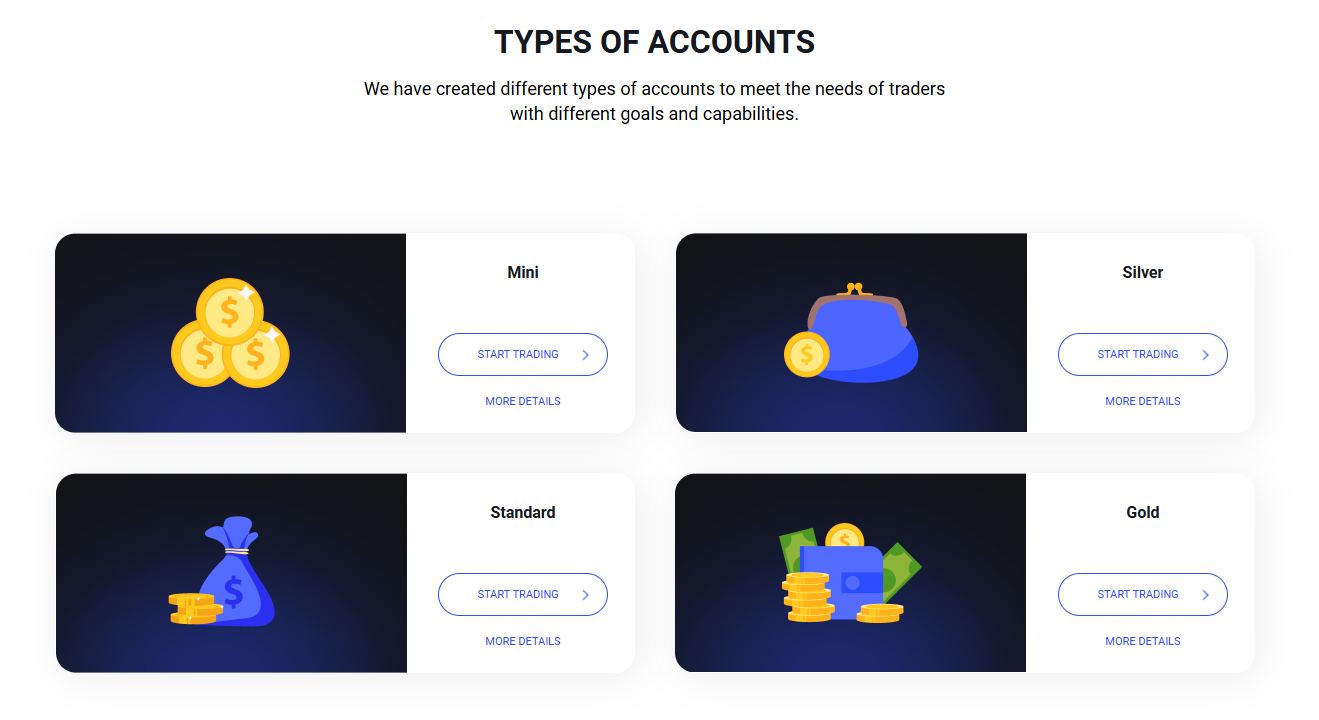
Each level offers additional features such as access to more instruments, priority customer service, and personal trading managers. However, no demo account is provided, meaning traders must invest real funds from the start — a clear departure from the practices of regulated brokers.
Trading Conditions
According to the website, AirMarkets provides access to over 200 financial instruments, including:
- Forex currency pairs
- Stocks and indices
- Cryptocurrencies
- Commodities
- ETFs
The platform uses xCritical, a web-based terminal known for being customizable but not regulated. Unlike MetaTrader (MT4/MT5), xCritical does not guarantee order execution integrity or data accuracy.
Key issues:
- The broker does not disclose spreads, commissions, or leverage ratios.
- There is no information on order execution policies, slippage, or risk management.
- Deposit and withdrawal details are vague, with no information on fees, processing times, or limits.
Additionally, AirMarkets falsely promotes guaranteed monthly returns of up to 55%, a claim that violates financial advertising standards and indicates deceptive marketing.
Fraud Indicators and Manipulative Practices
Several patterns suggest that AirMarkets follows a classic investment scam structure:
- Cold calling and aggressive sales tactics promising unrealistic profits with minimal risk.
- Fabricated regulation and non-transparent ownership structure.
- Use of unregulated trading platforms with potential for chart manipulation and delayed execution.
- Fake profits on demo accounts to lure deposits.
- Sudden account blocks or forced loss of funds shortly after deposits.
- Clients are asked to pay additional “taxes” or “technical audits” (15–30%) to release withdrawals.
- Fake legal notices from bogus firms like EuroLegal Services are sent to pressure clients into paying further.
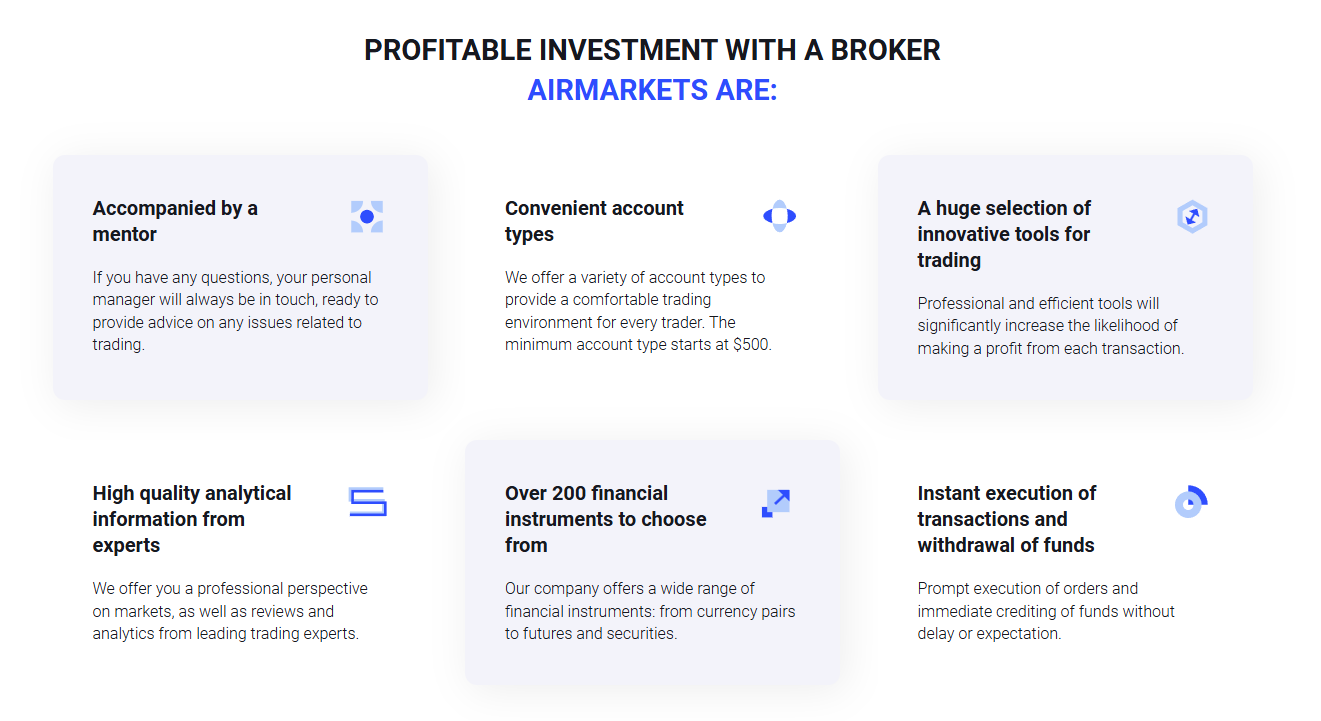
Client Complaints and User Experiences
Numerous verified complaints from traders on platforms like Trustpilot, Reddit, and financial forums outline the same cycle:
- Users deposit between $500 and $2,500.
- Initial trades appear profitable under manager guidance.
- After requesting a withdrawal, the account is either frozen or subjected to new payment demands.
- Communication is cut off or redirected to aggressive “legal” threats.
Here are just a few examples:
“After my first successful trade, they locked my account claiming suspicious activity. That trade was made based on their instructions.”
“They demanded a $300 audit fee to process my withdrawal. Once paid, they stopped responding.”
“Received a letter from EuroLegal Services threatening legal action unless I paid a settlement. No mention of this during account setup.”
Conclusion on AirMarkets
AirMarkets is a high-risk, unregulated broker operating behind a facade of professionalism. The company uses fake credentials, offshore registration, and aggressive psychological pressure to extract as much money from clients as possible.
Key risks:
- No regulatory oversight
- False claims of legitimacy
- Unverifiable legal entity
- Manipulated platform and hidden fees
- Dozens of verified complaints
Recommendation: Avoid AirMarkets entirely. Do not deposit any funds. If you have already done so, contact your bank immediately to initiate a chargeback and report the incident to financial authorities in your country.

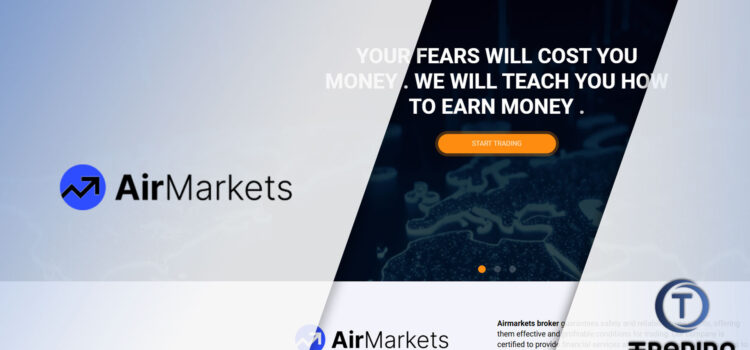
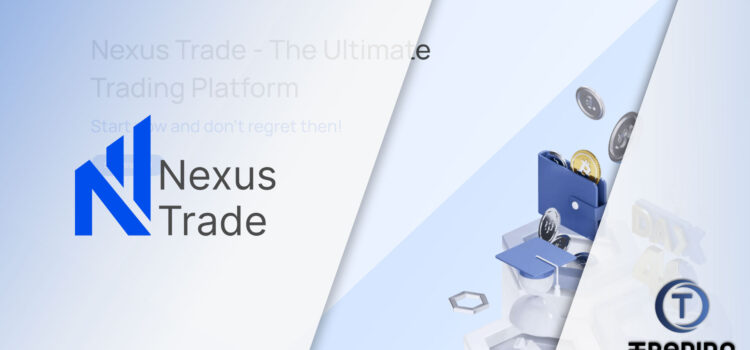
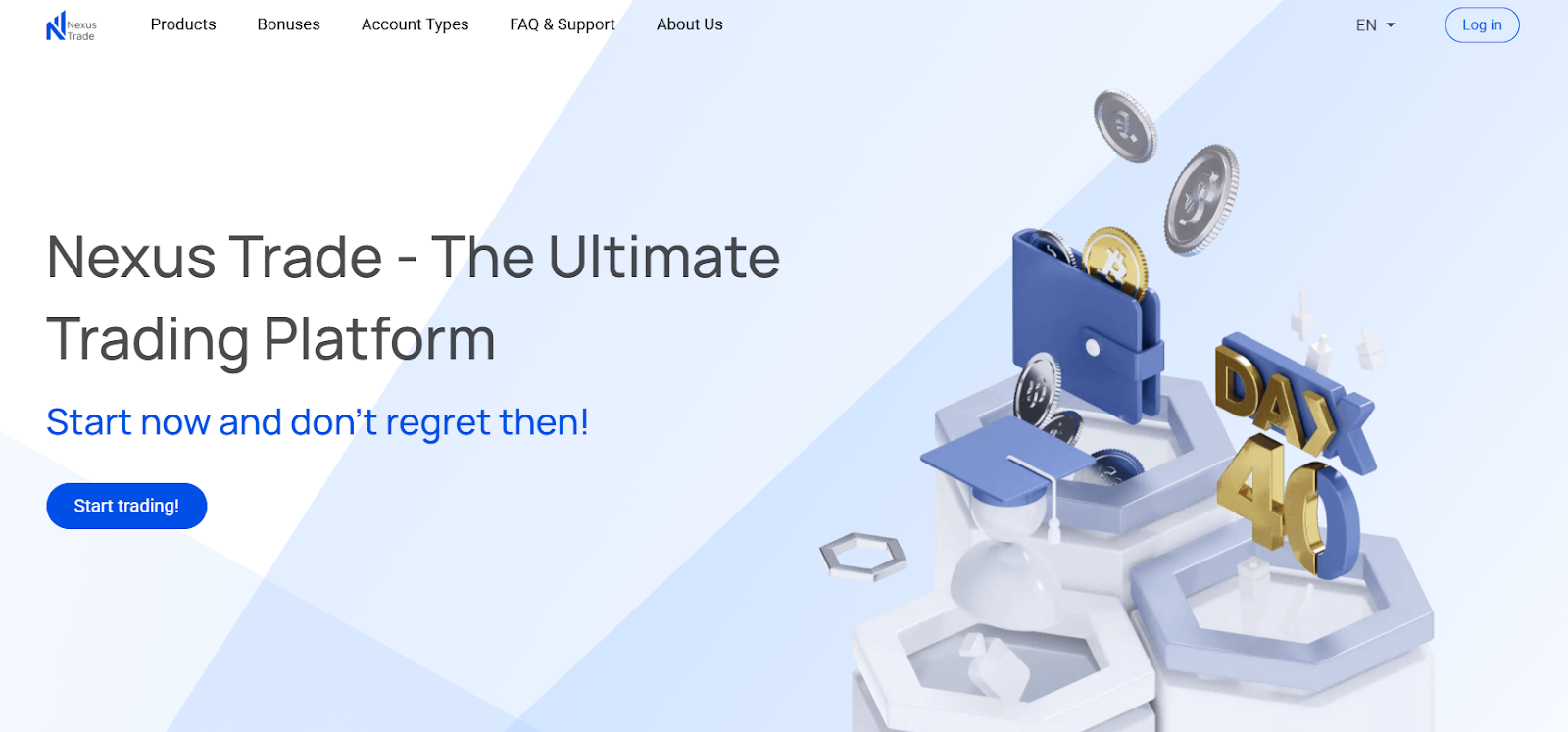
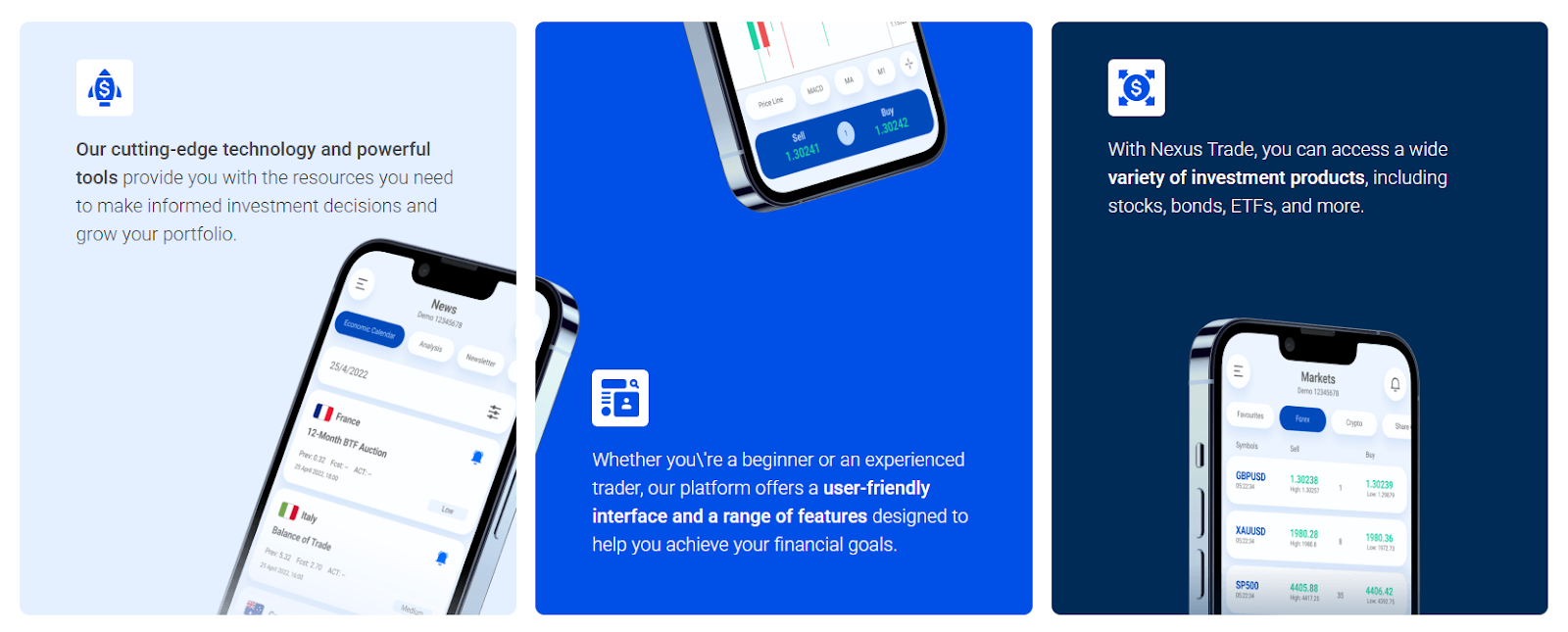
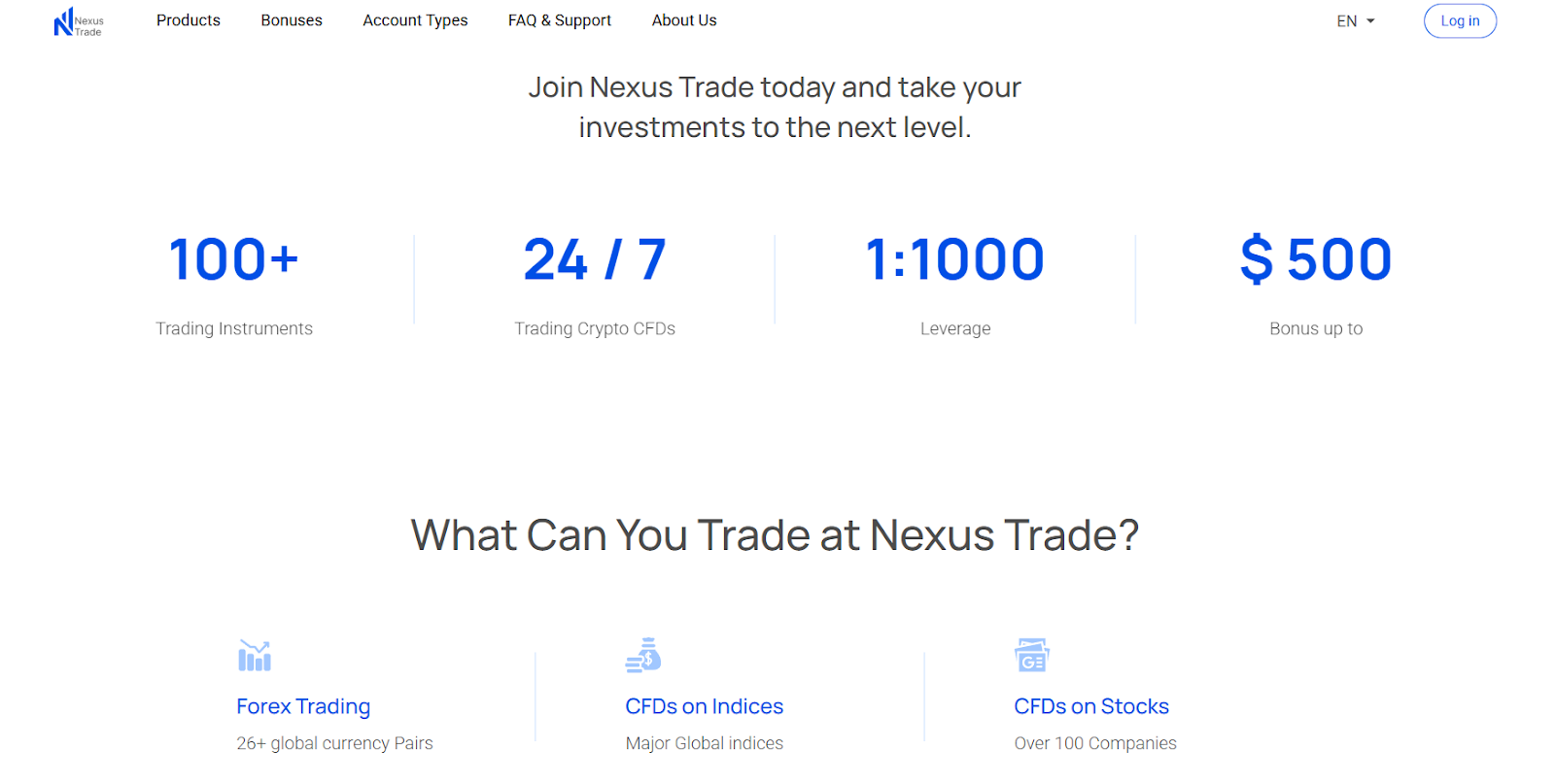
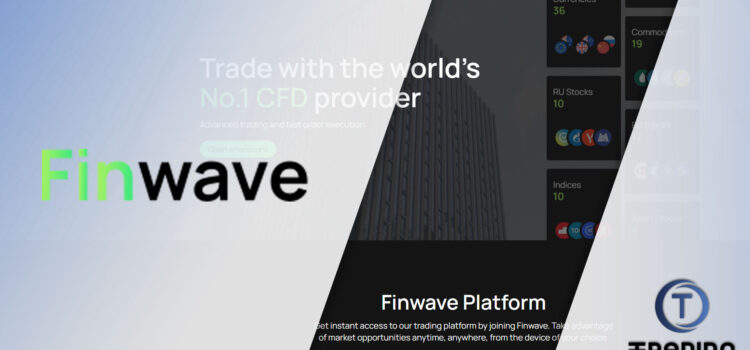
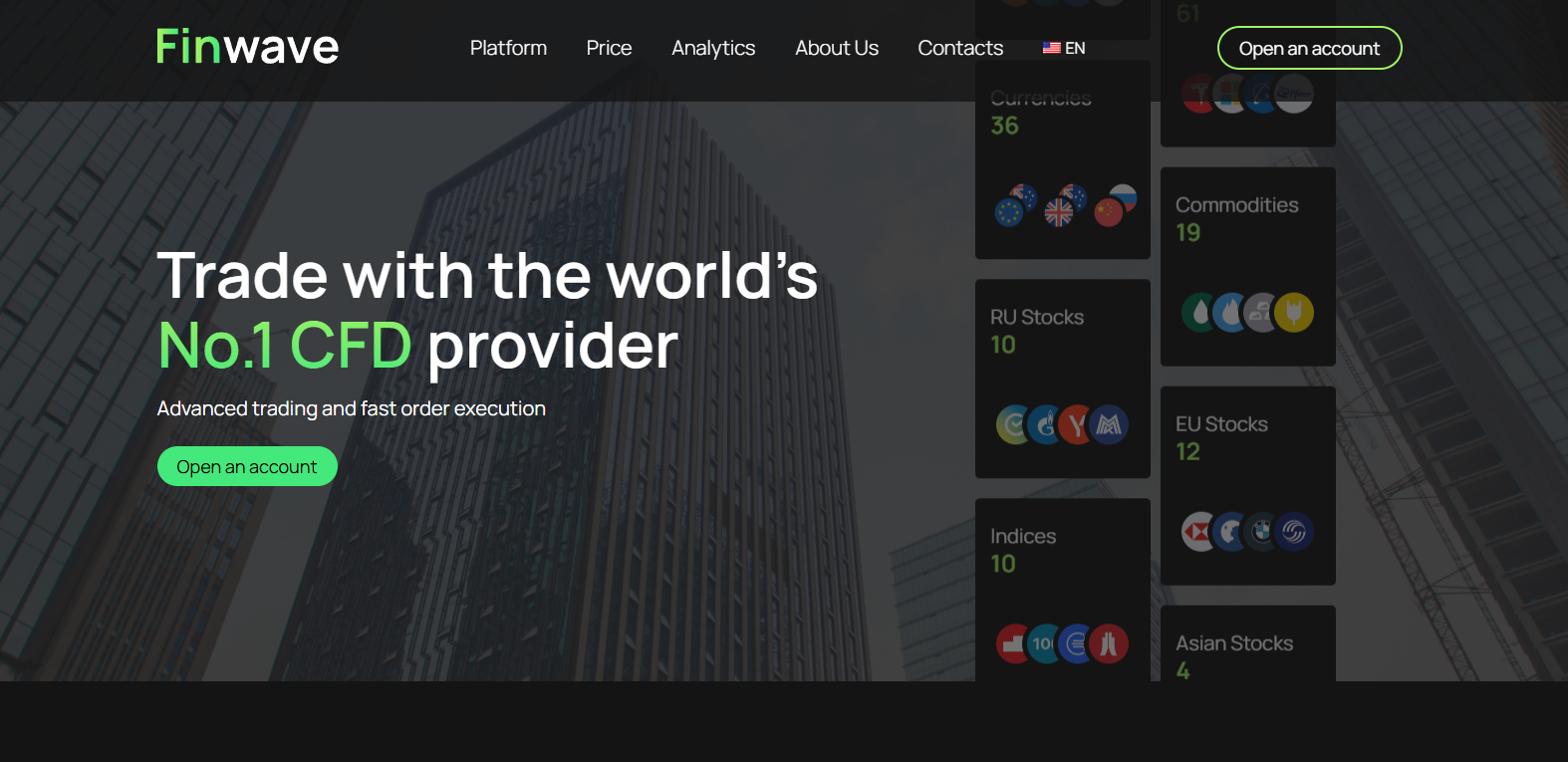
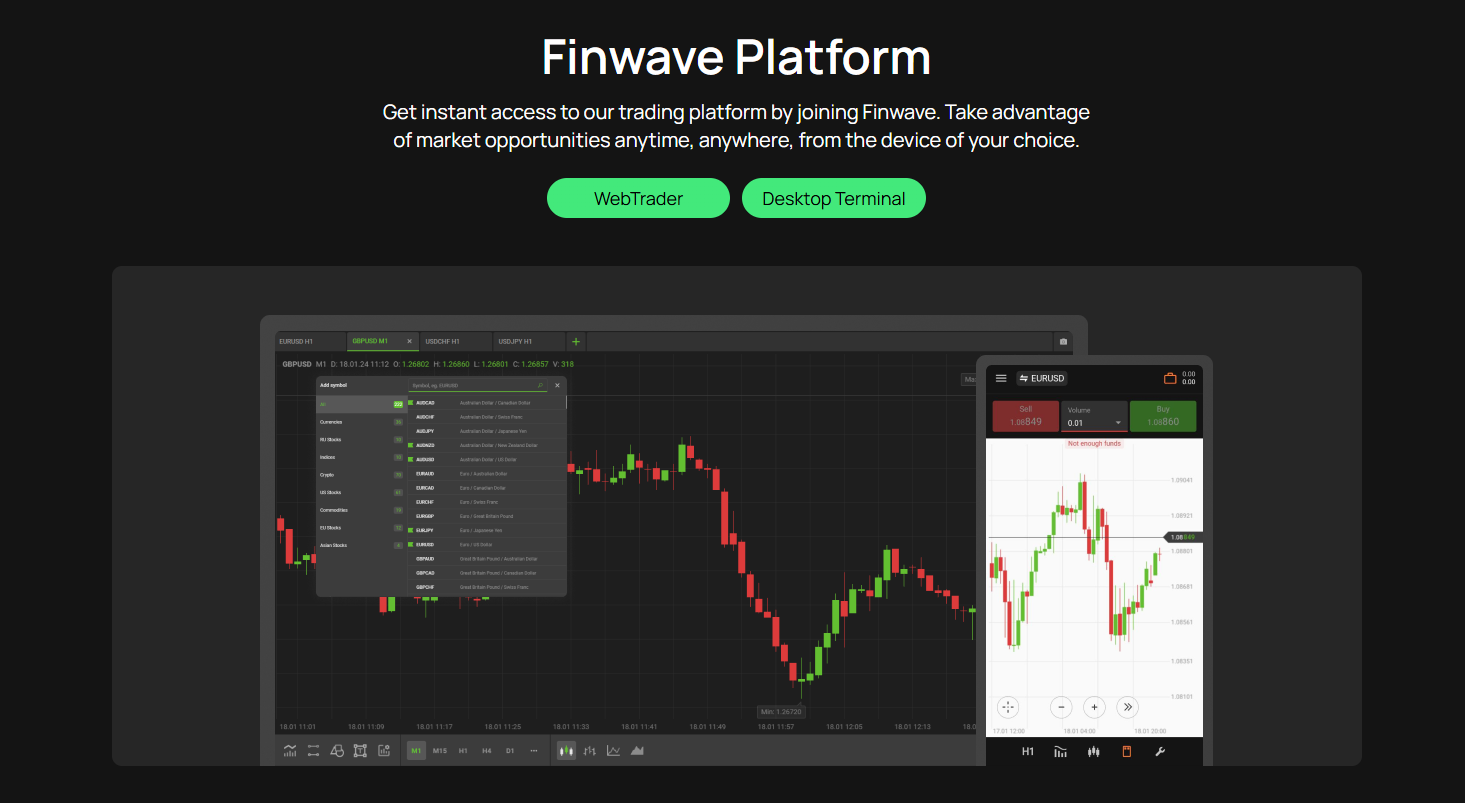
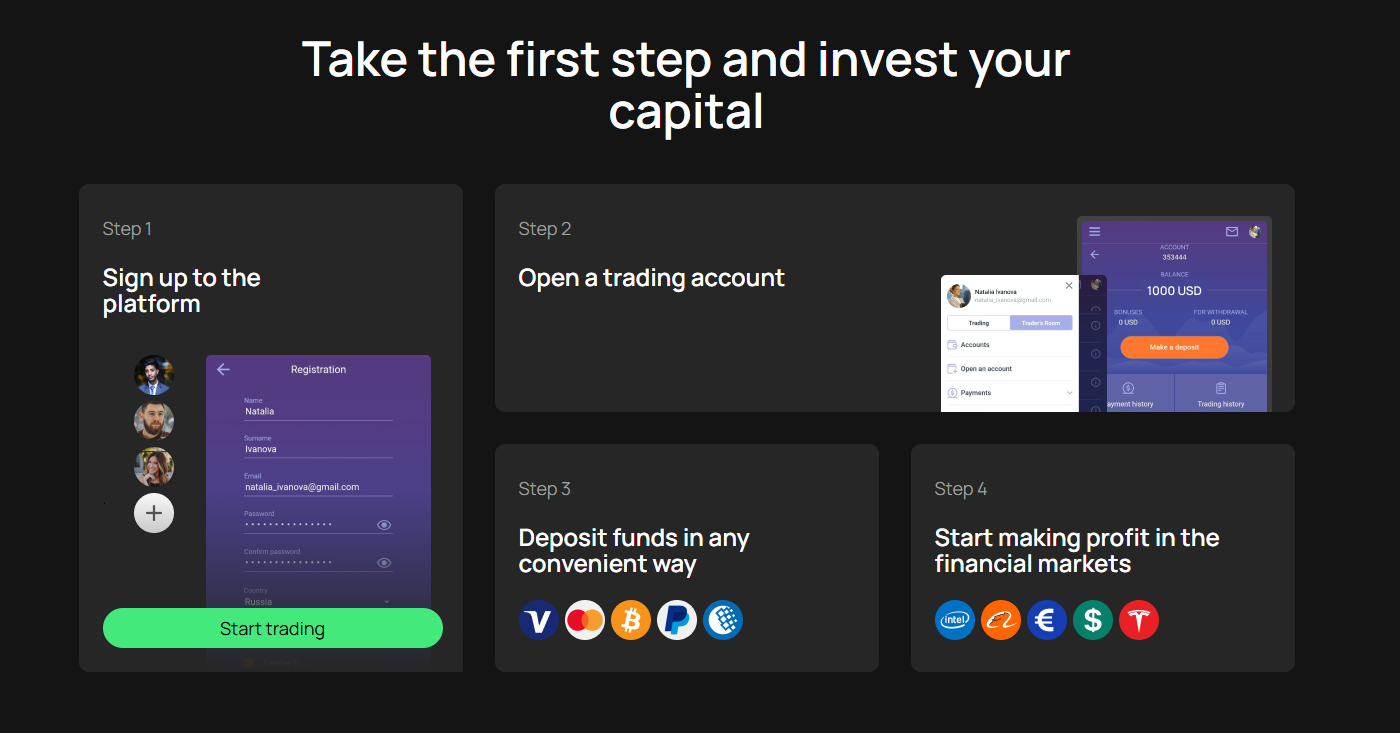
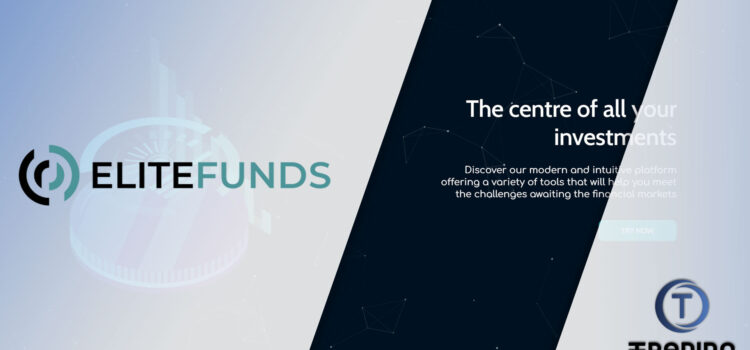
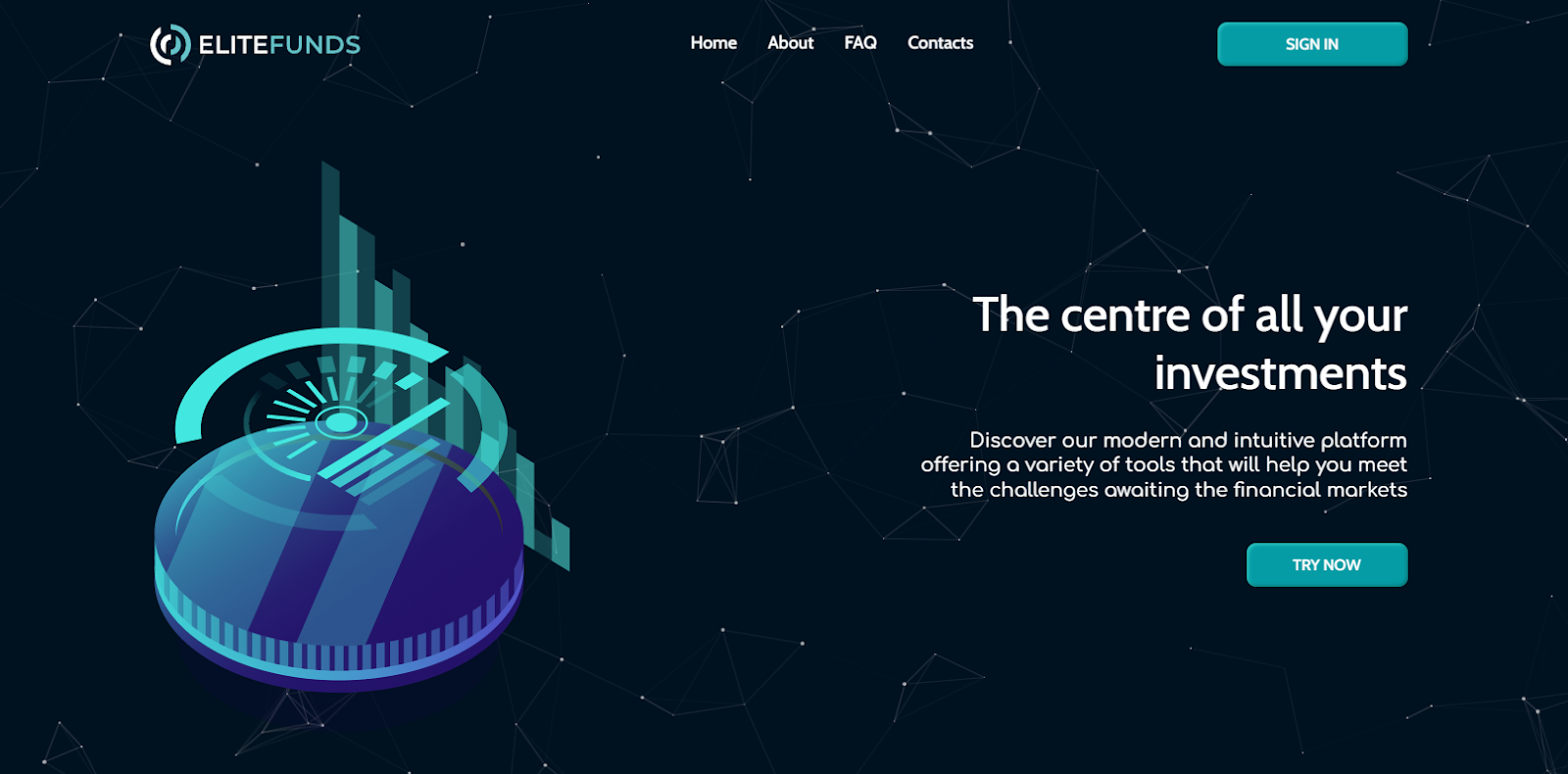
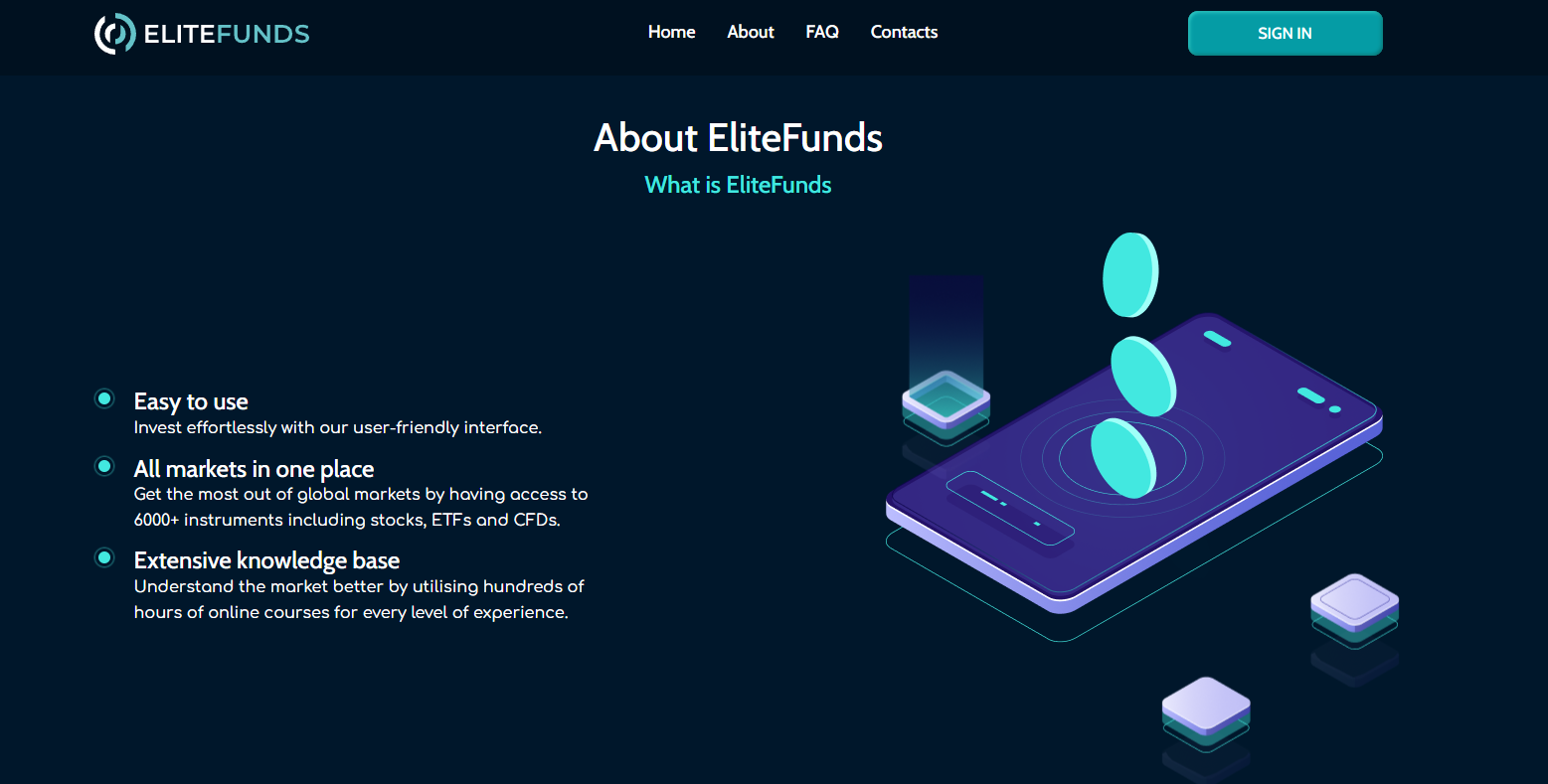
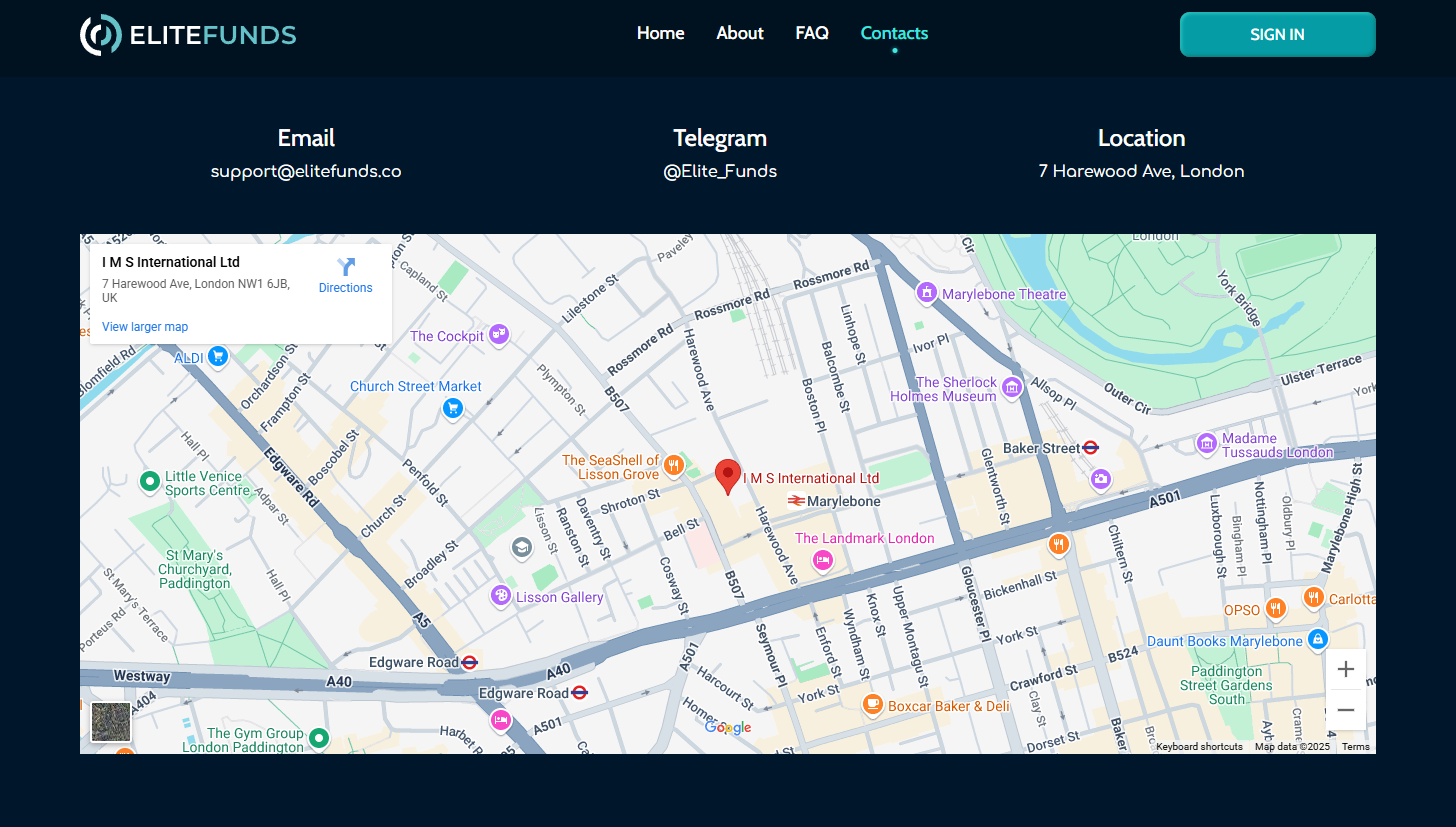
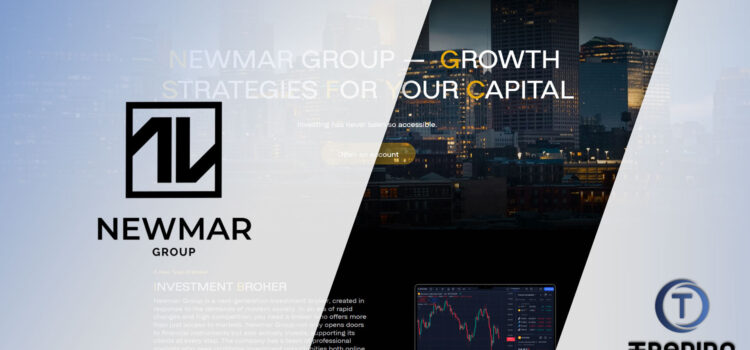
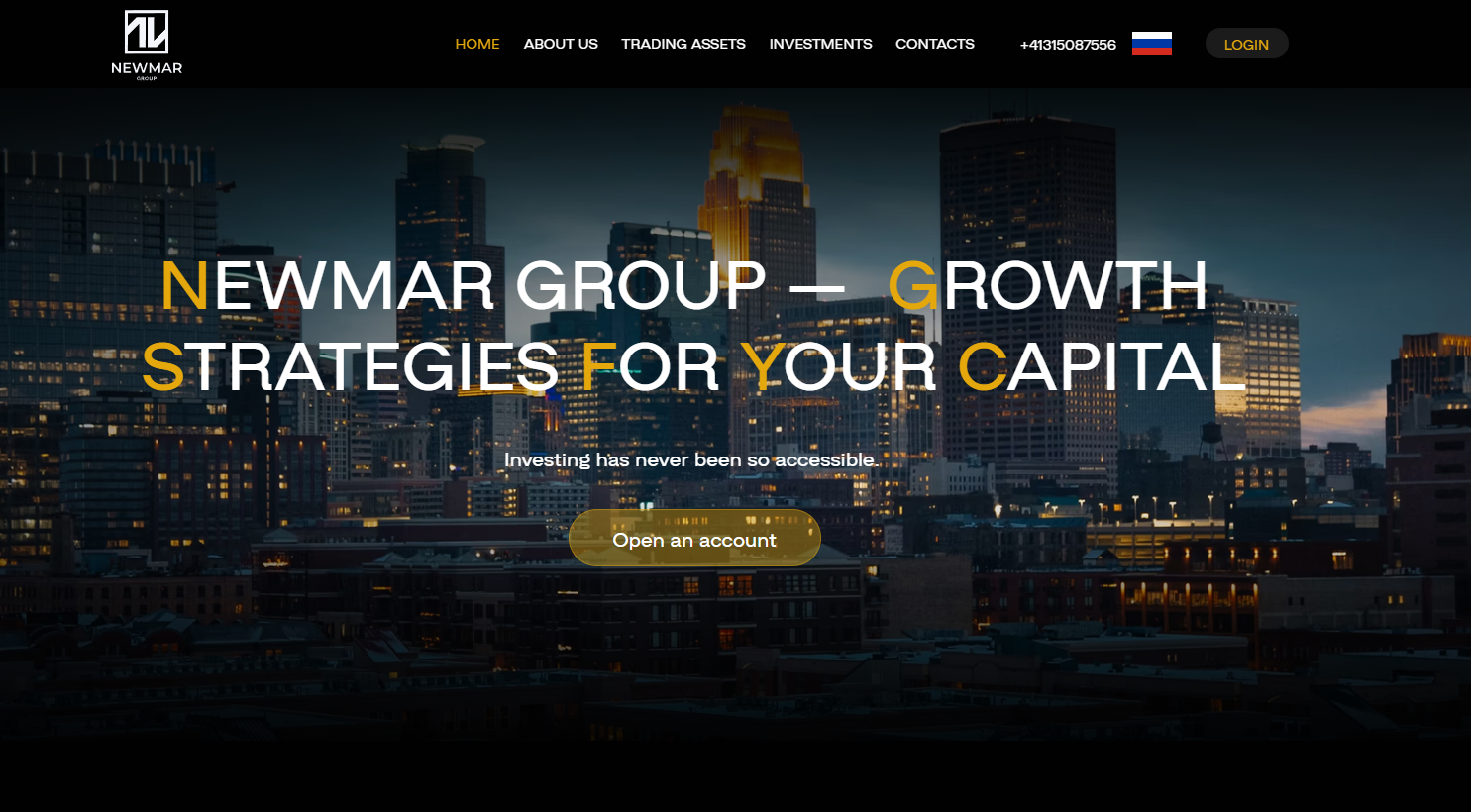
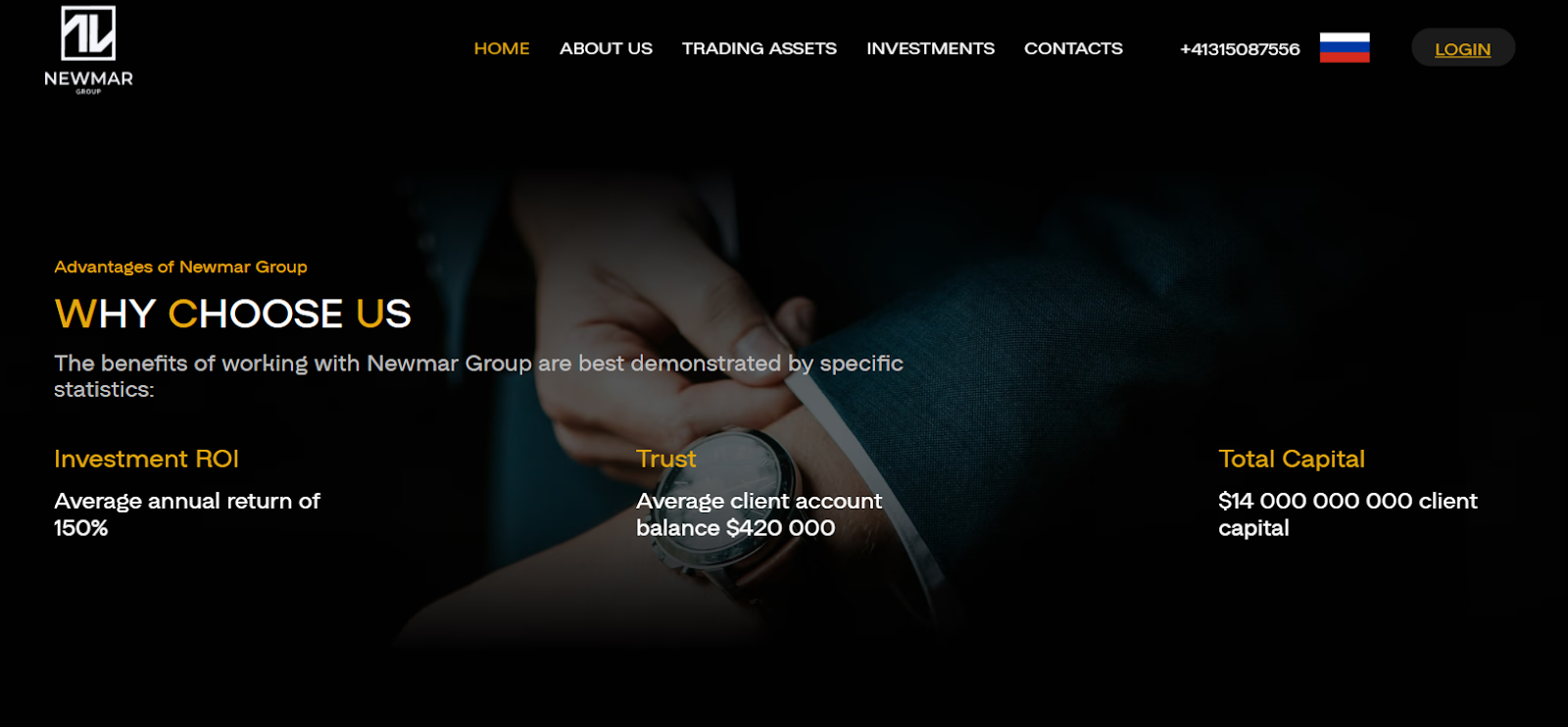
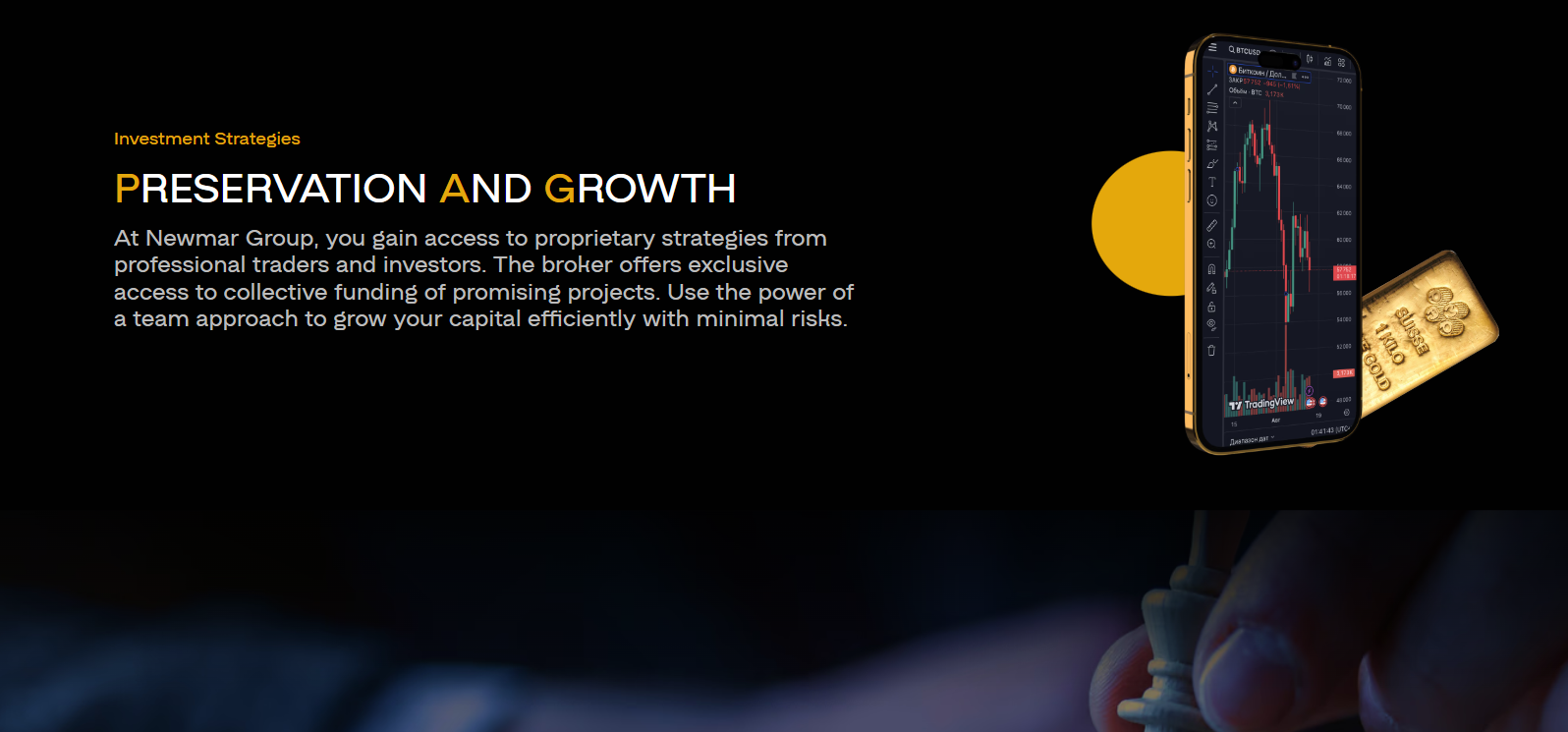
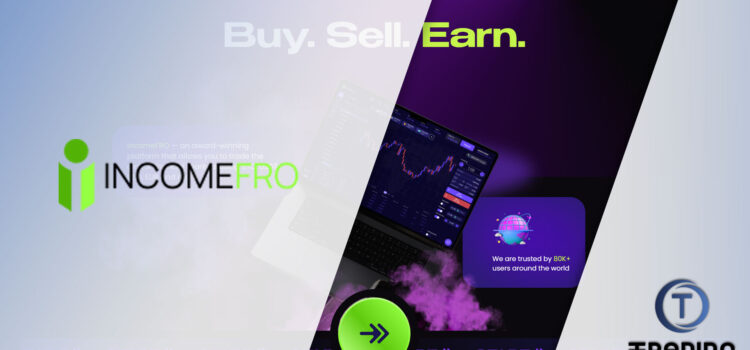
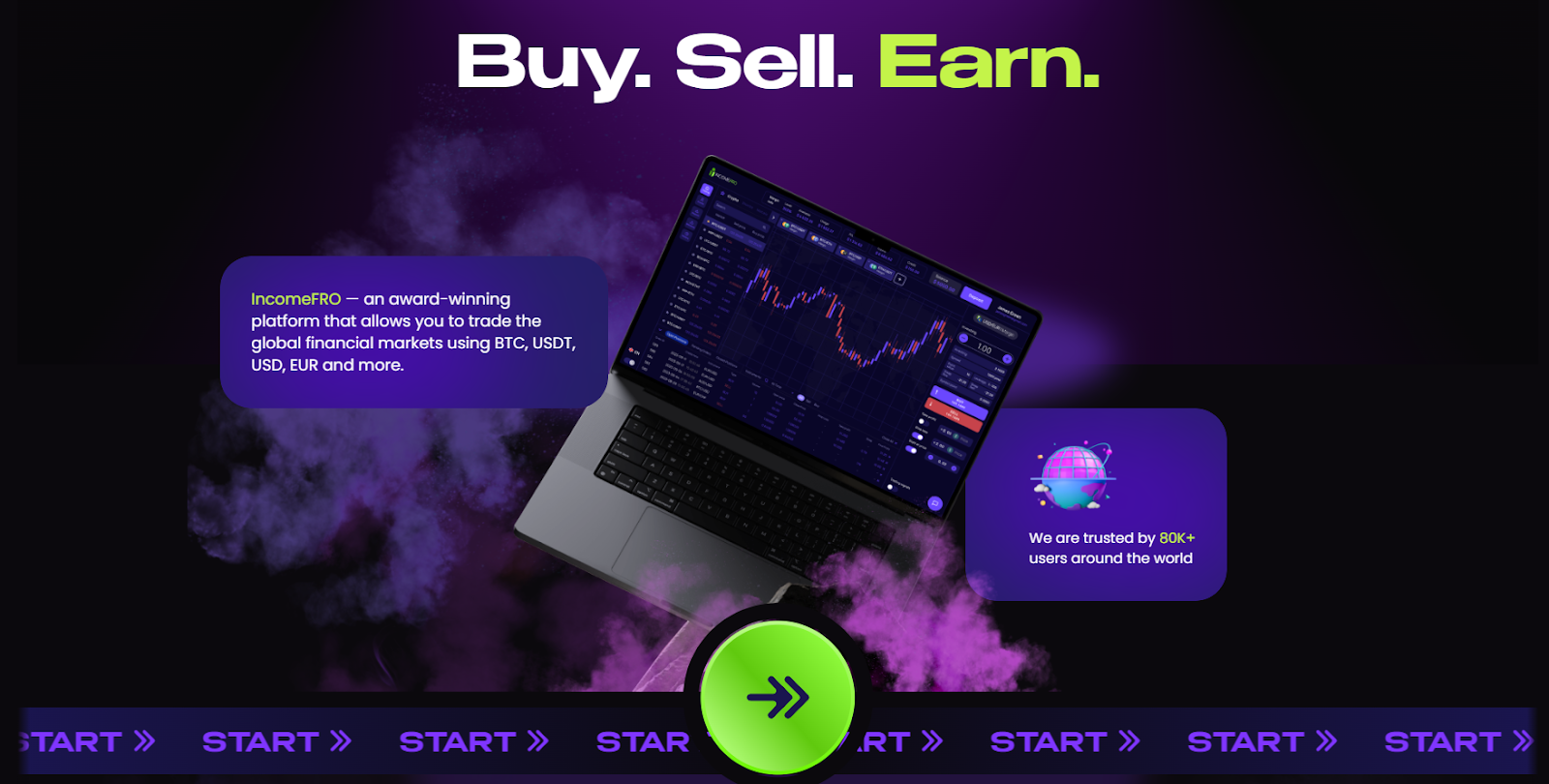
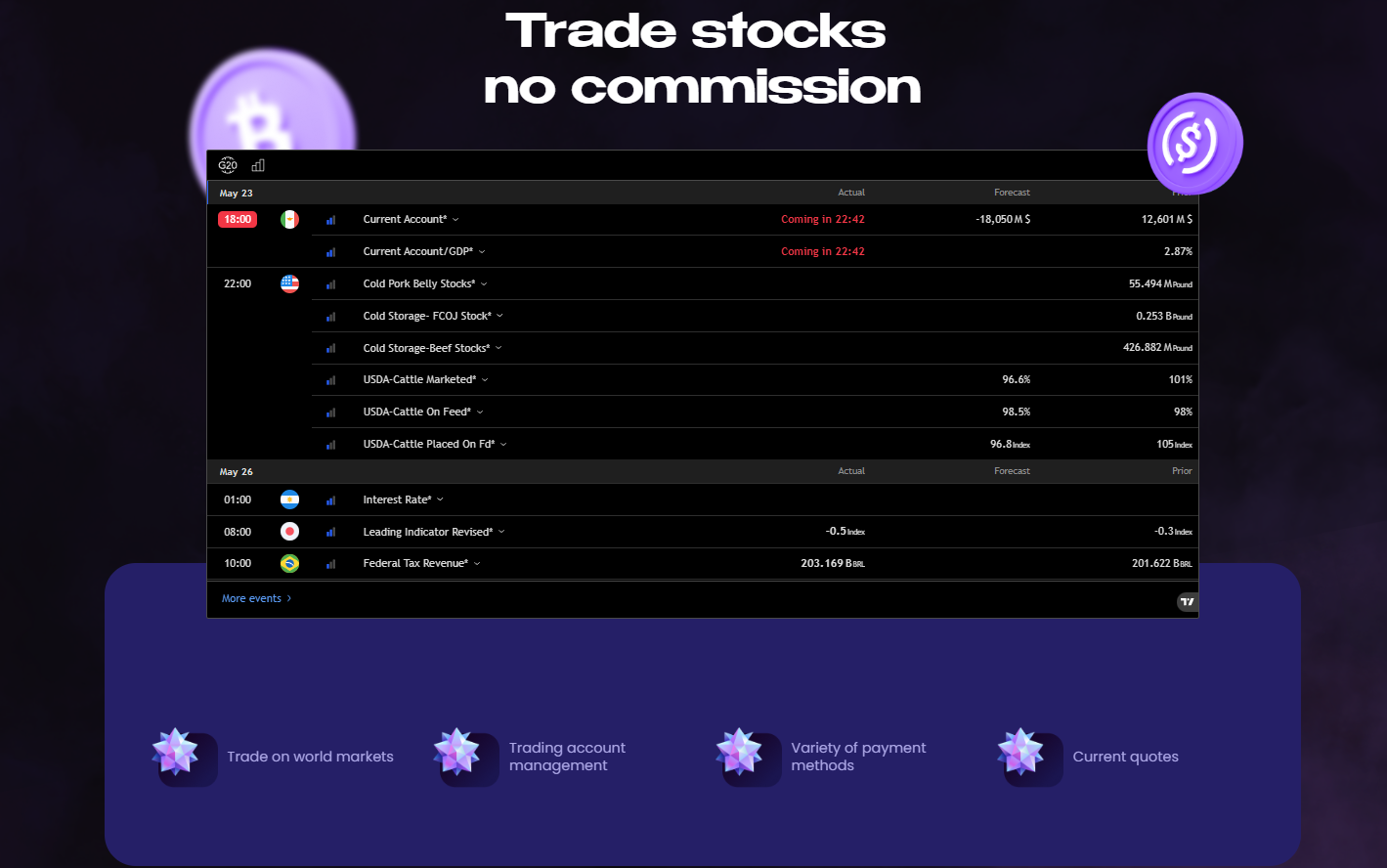
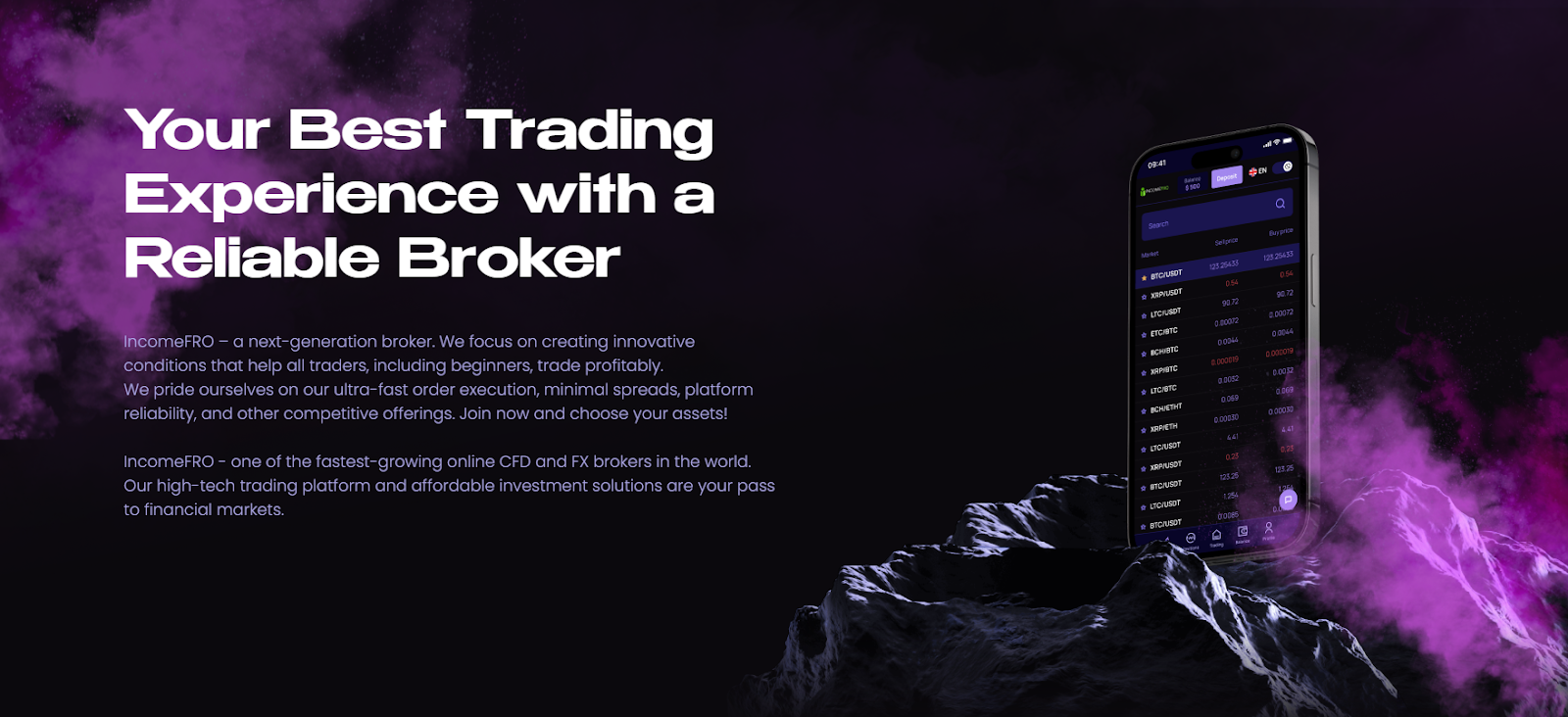
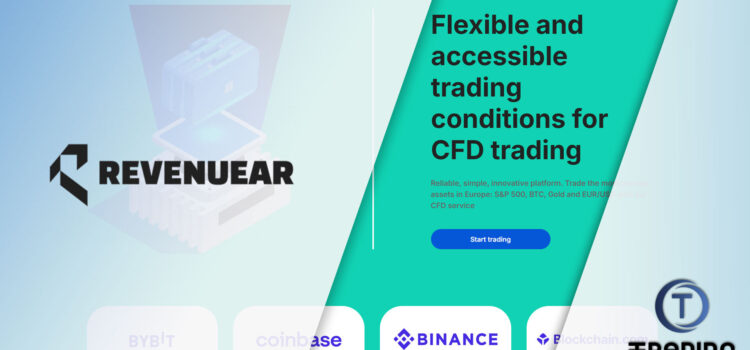
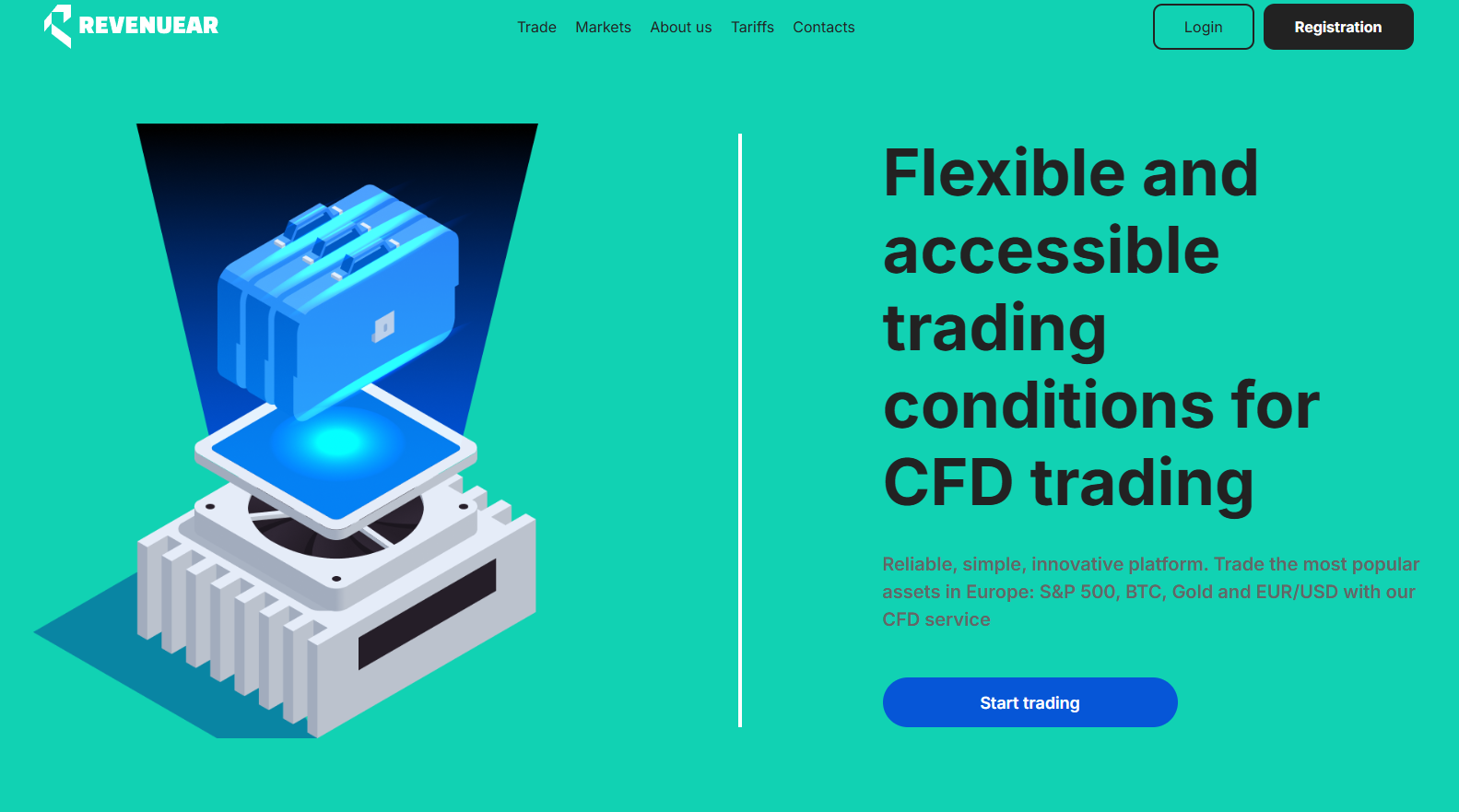
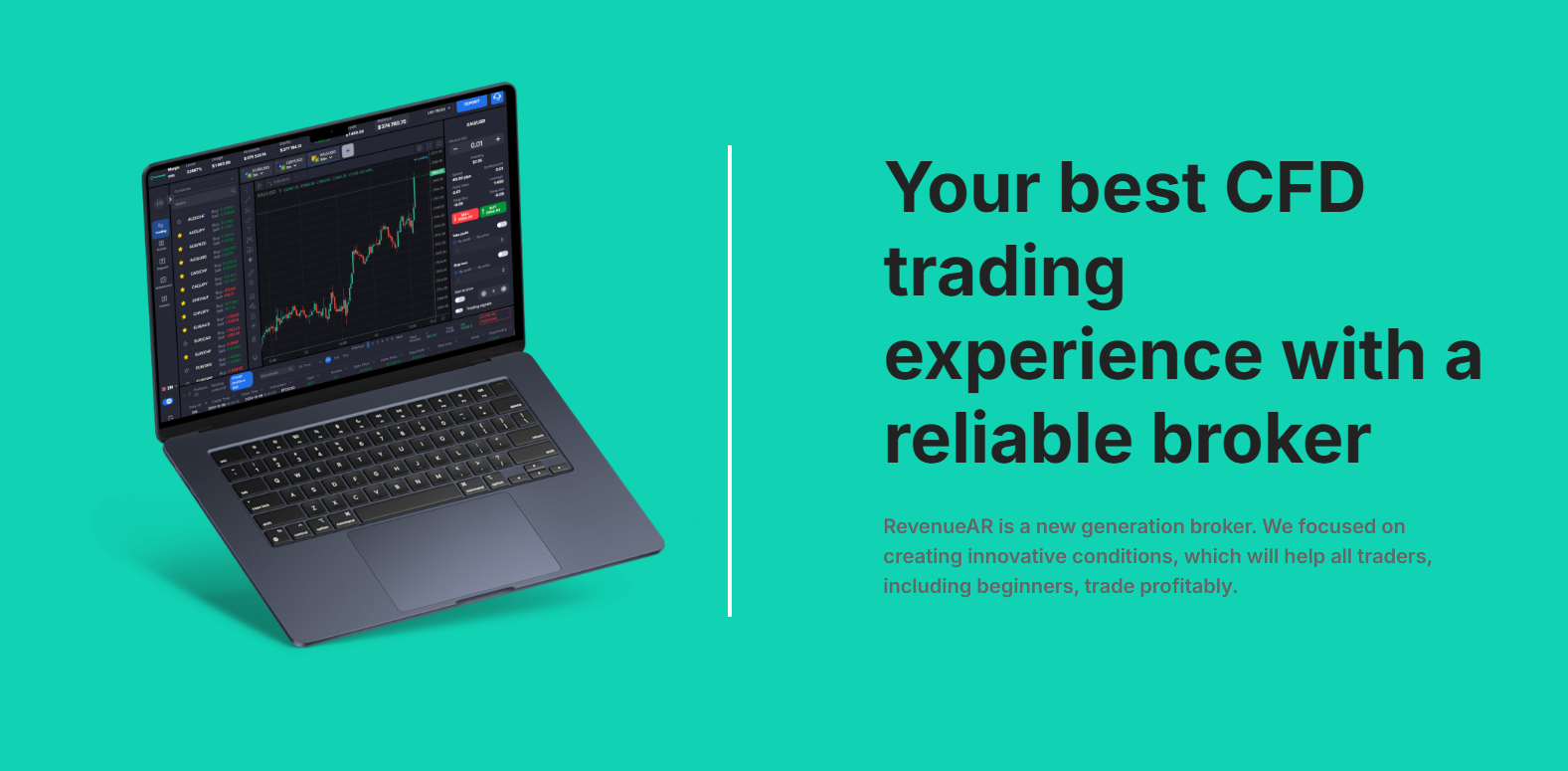

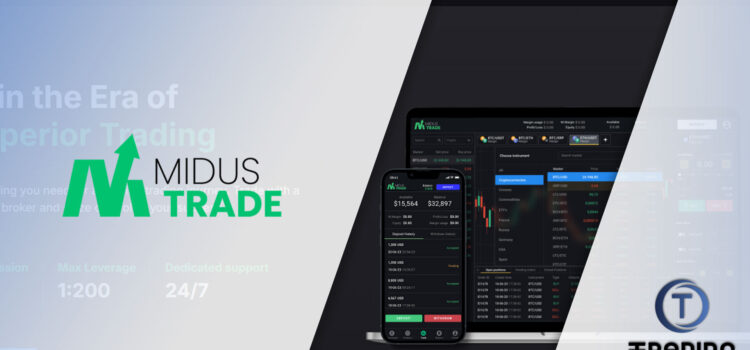
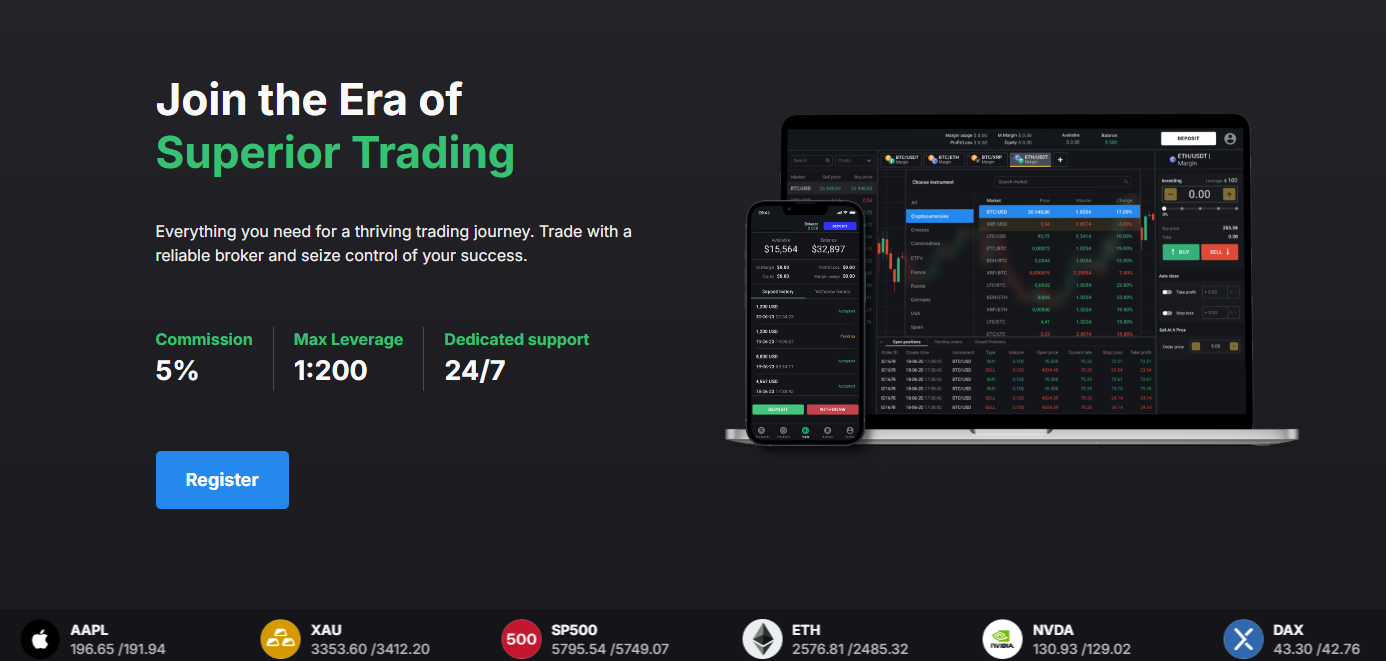
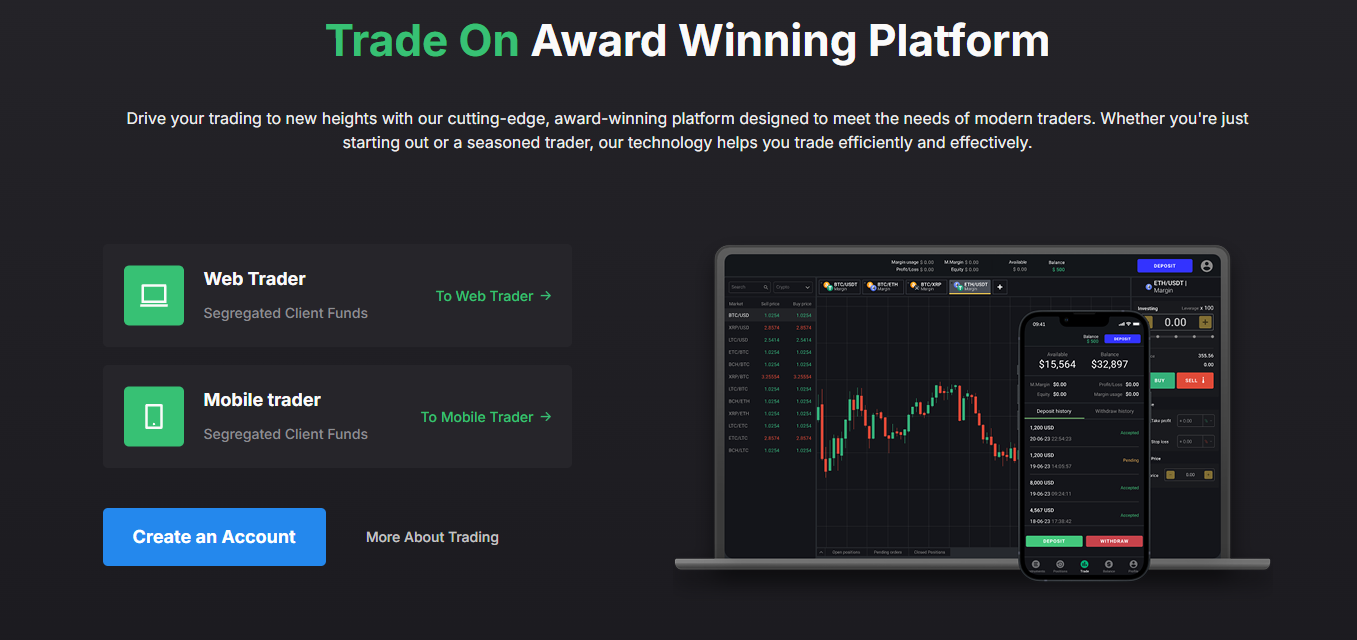
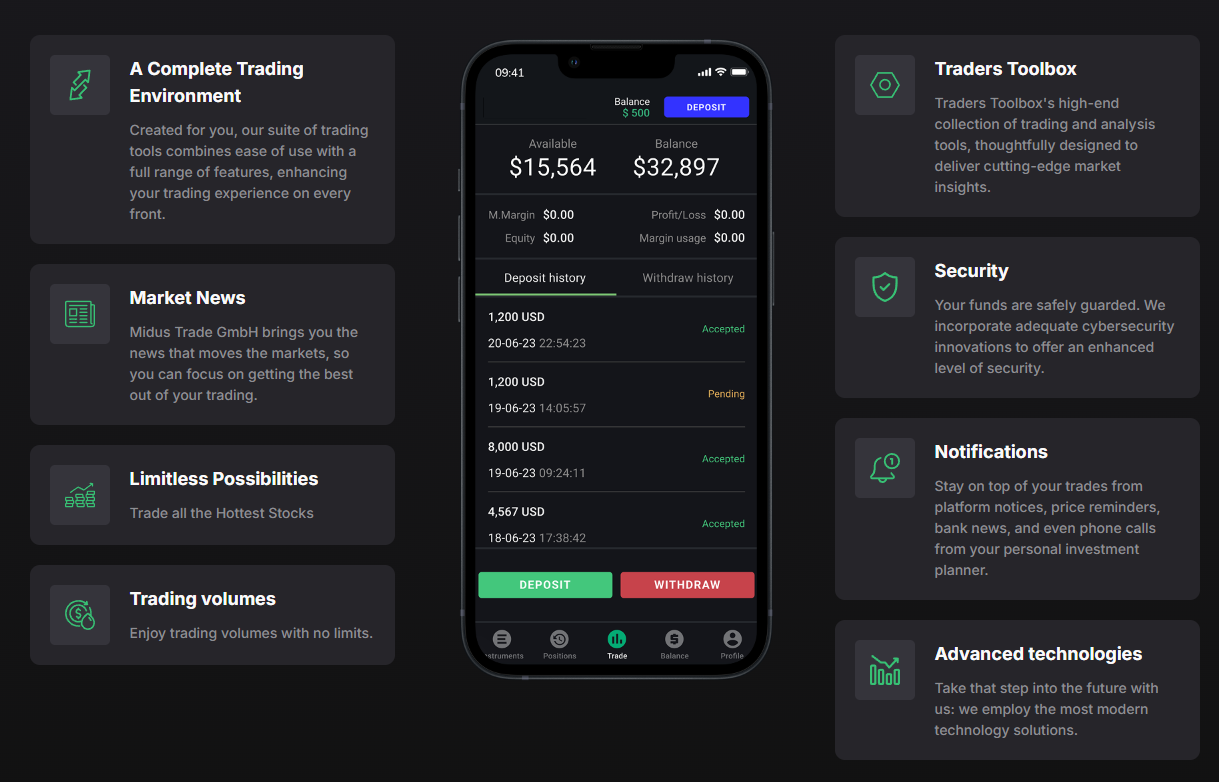







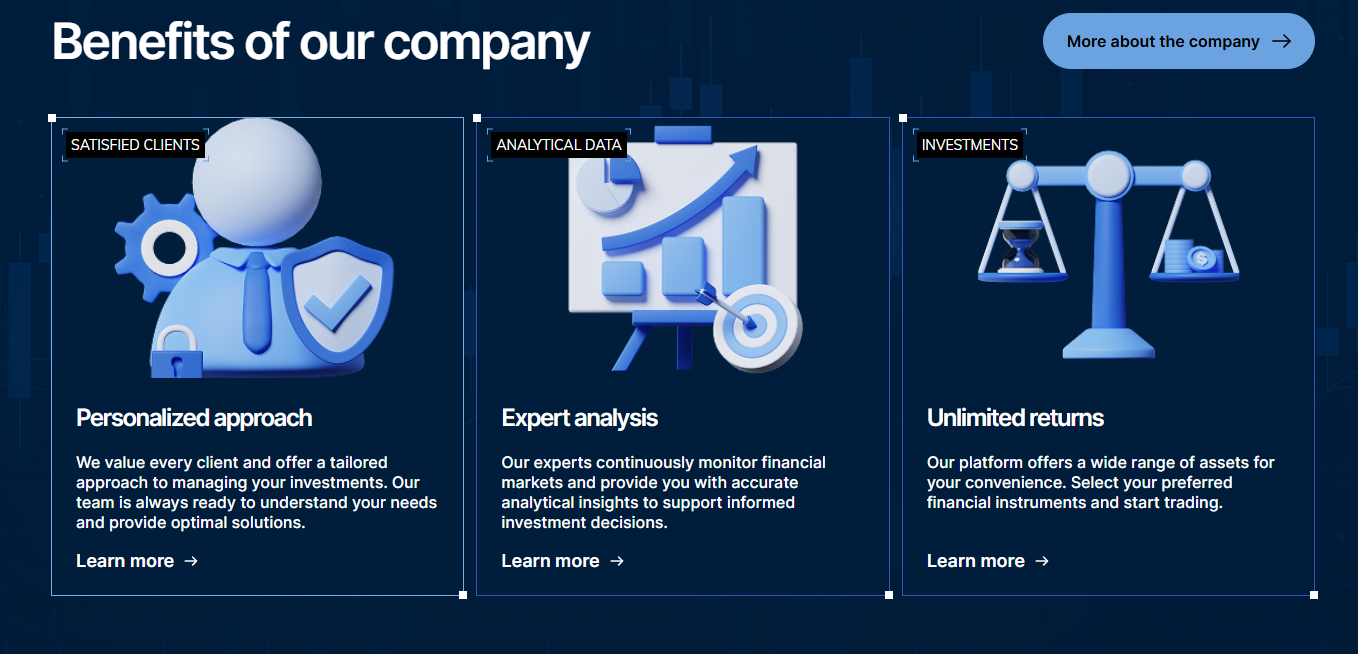


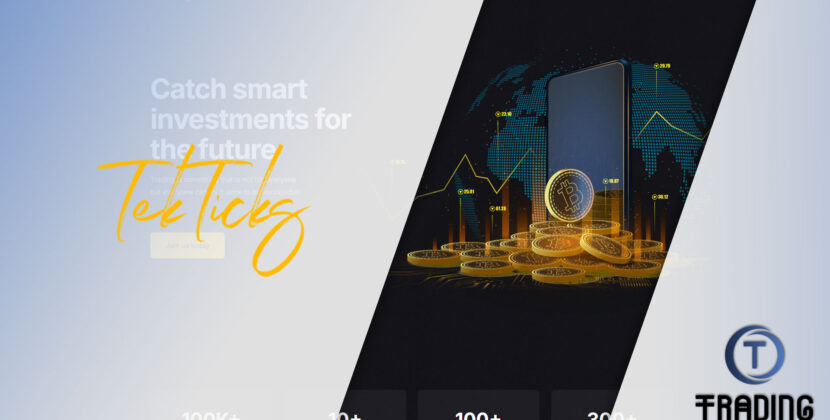
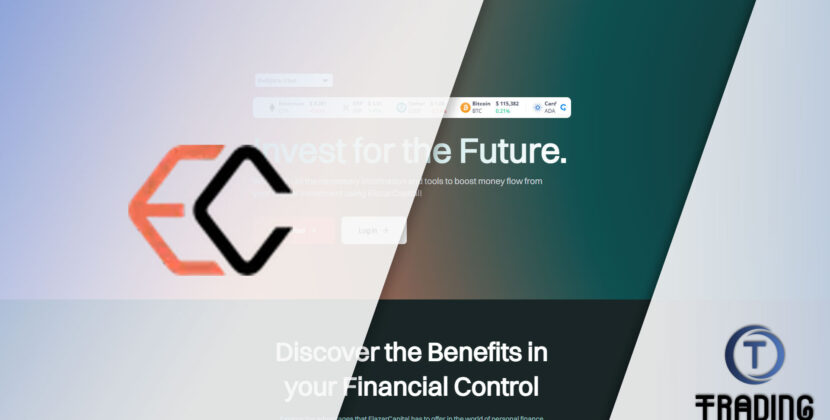
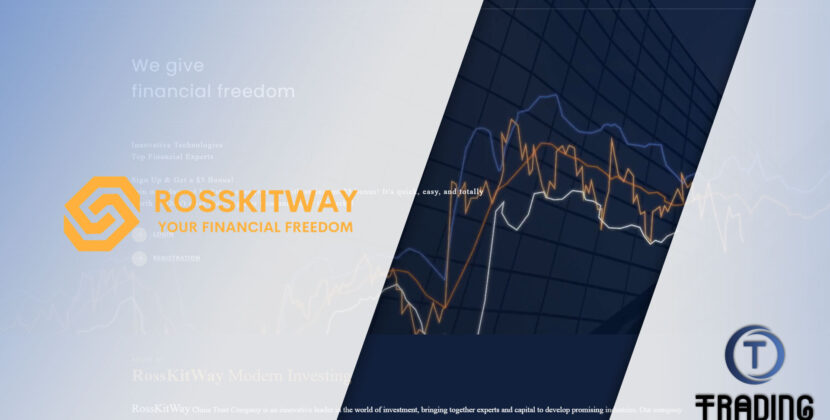
Comments
QuickTrade Broker Review
Binarium Broker Review
Quotex Broker Review
Trade‑X Broker Review
Quotex Broker Review